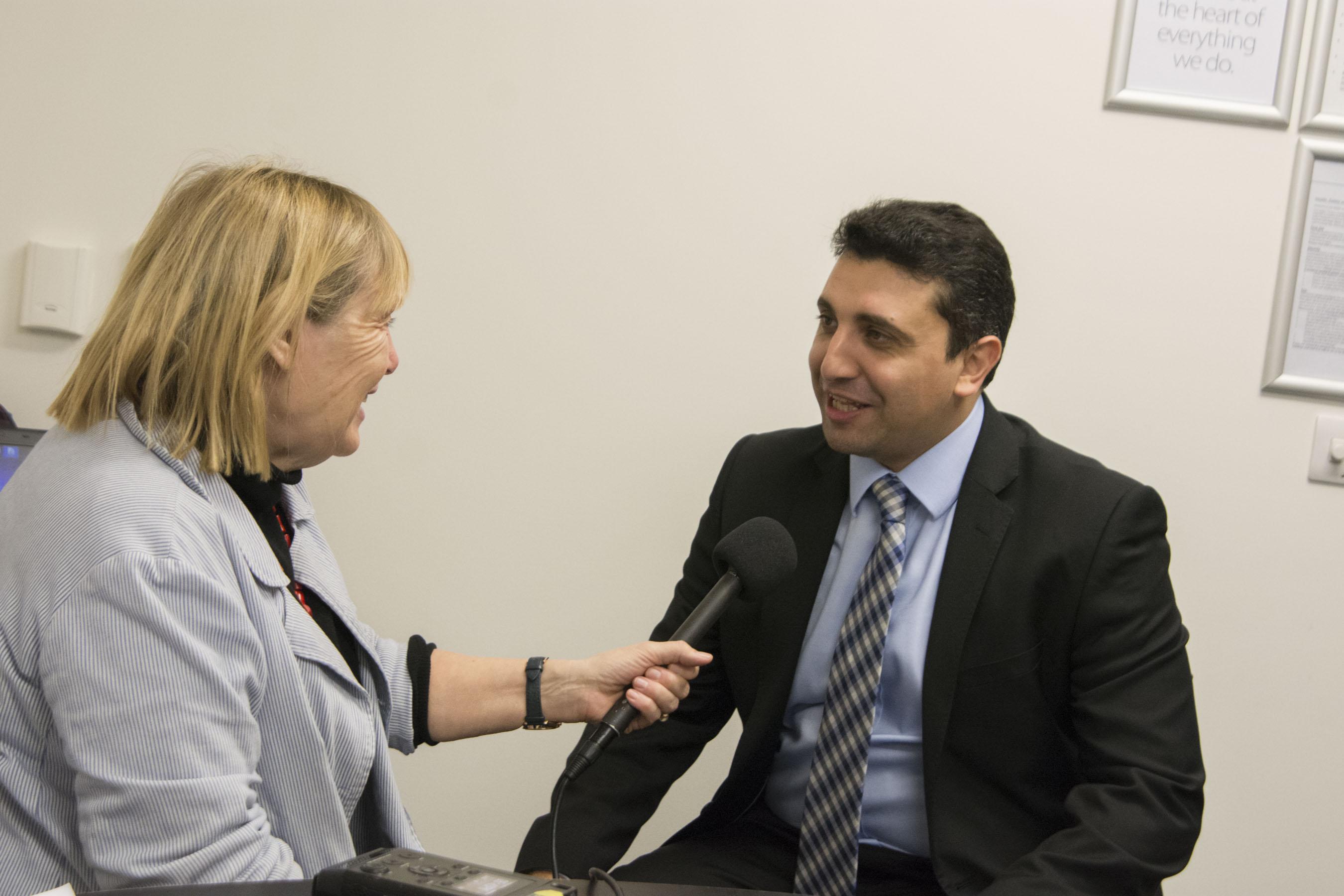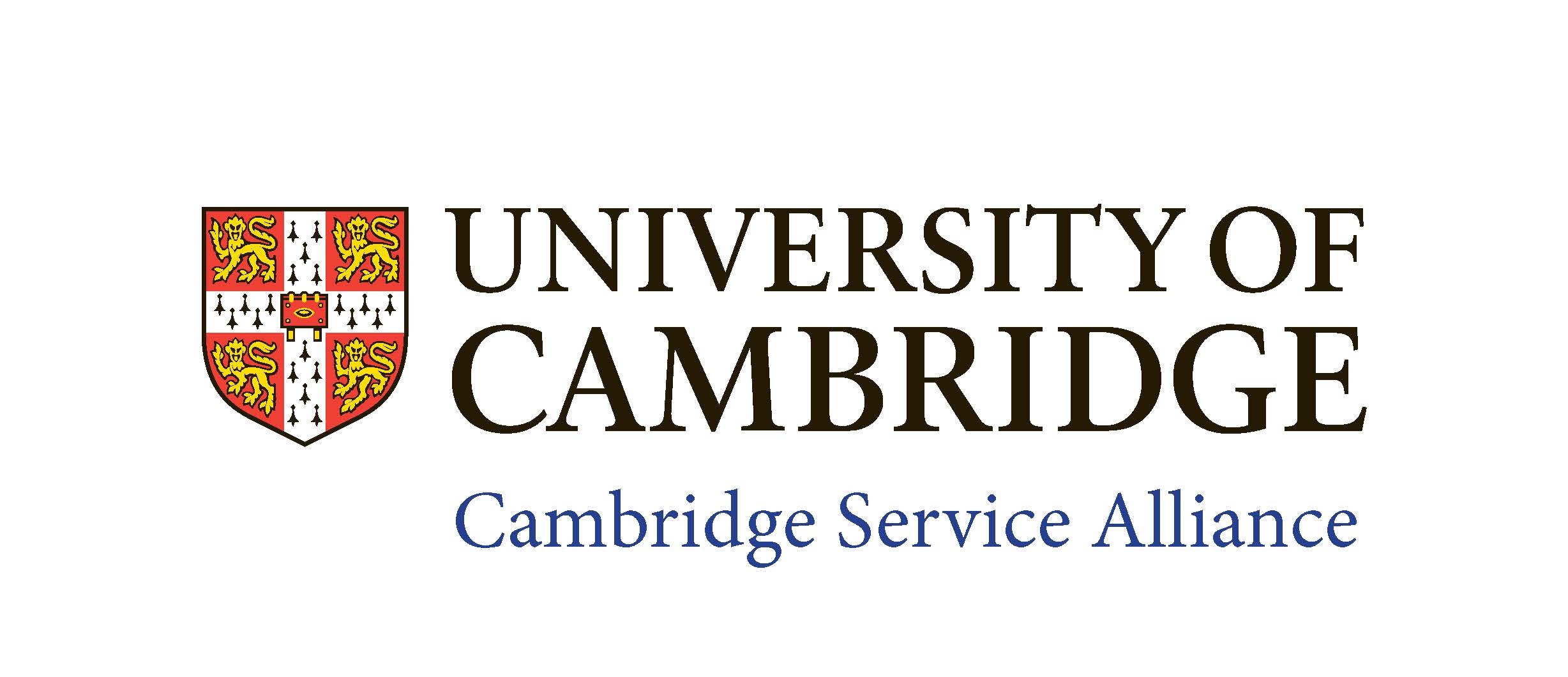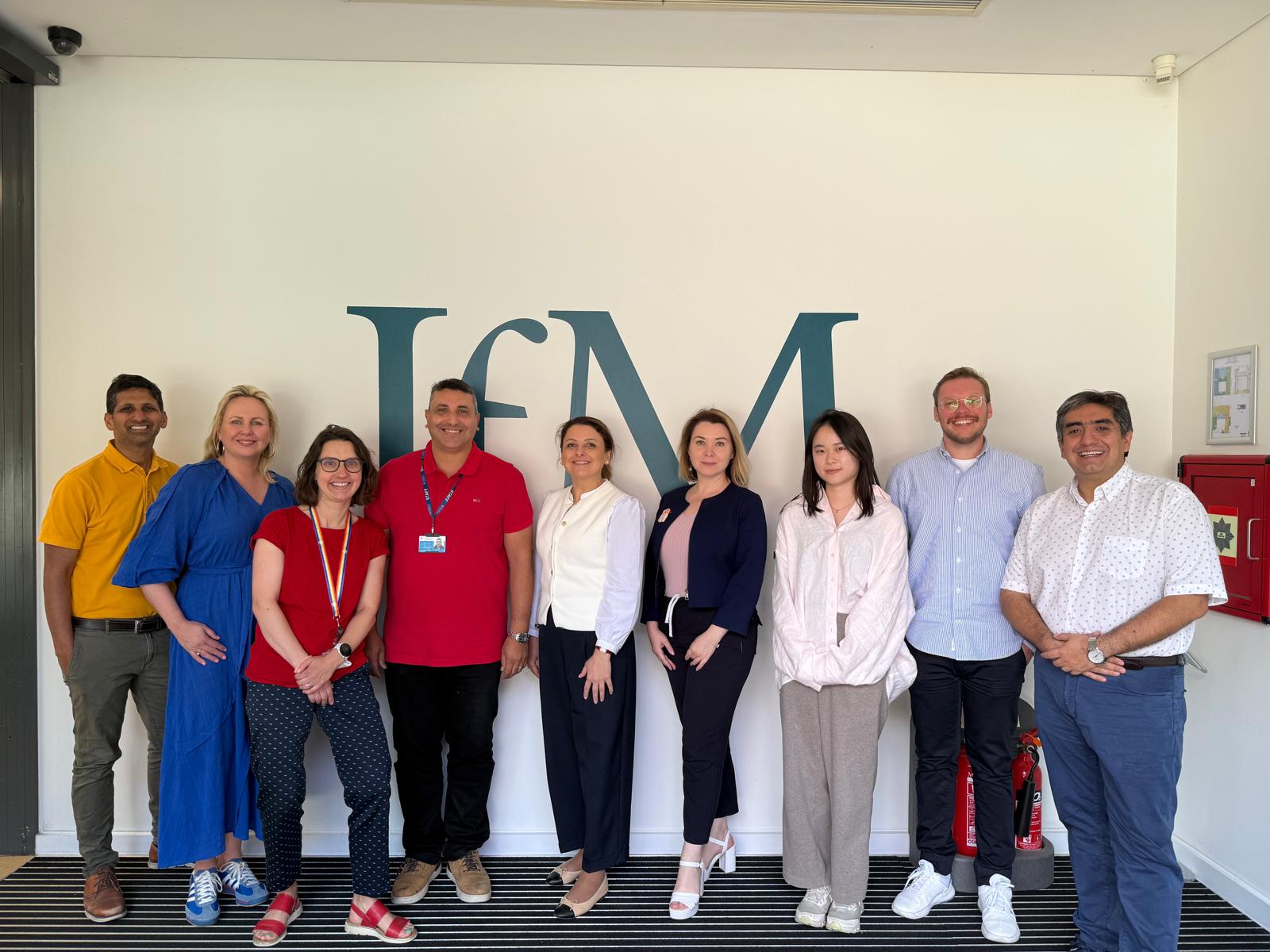
Submitted by Angela Walters on Mon, 17/07/2017 - 10:35
In a new podcast from the Cambridge Service Alliance, Dr Mohamed Zaki, talks about his new paper 'The Fallacy of the Net Promoter Score: Customer Loyalty Predictive Model'.
In a new podcast from the Cambridge Service Alliance, Dr Mohamed Zaki, Deputy Director, Cambridge Service Alliance, University of Cambridge, talks about his new paper 'The Fallacy of the Net Promoter Score: Customer Loyalty Predictive Model'. The paper was co-authored with Dalia Kandeil, and Andy Neely, of the CSA, and Visiting Professor, Janet McColl-Kennedy, from the University of Queensland, Brisbane, Australia.
The research is treading new ground in industry by taking on traditionally held measurement scores for customer loyalty and it is remodelling how in reality, customers stay loyal to a company or product.
[alternative platform: University Audio Service]
The authors conclude:
The result of the prediction phase is a model that is capable of correctly predicting 98 per cent of customers that are likely to churn, based on the results of the validation data set. This is a remarkably high percentage in terms of accuracy and ensures the validity of the developed model, with the suggested data parameters as predictive variables. On this basis, firms are discouraged from using the NPS as a single metric of loyalty assessment. Importantly, this novel approach offers practitioners a new way to utilize data more effectively and to provide rich insights and specific actions to improve customer experiences."
In the podcast Dr Zaki explains how the new model the researchers have developed compares to the old, and why it is more accurate as a measurement and management tool. He concludes by explaining:
Don’t rely on a simple metric one metric is not enough. You need to combine different metrics to give you the real view of your customer loyalty. The second thing is data analytics is the right way to combine different data sources together because there is a lot of value in combining different data sources. You might need to think about all your data sources from attitudinal and behaviour factors to social media, CRM and the full portal of data you have available to you. You will then need to assess how to use these to market and improve your offer to them and to acquire more customers. The next is a dynamic view, customers are moving from one status to another, the research looked at the customer over time as they moved from one status to another.
You can’t ditch the NPS straight away but over time, using our rigorous research and if you get the practicalities right and if you begin to use our models appropriately over time the NPS will be out of date."



